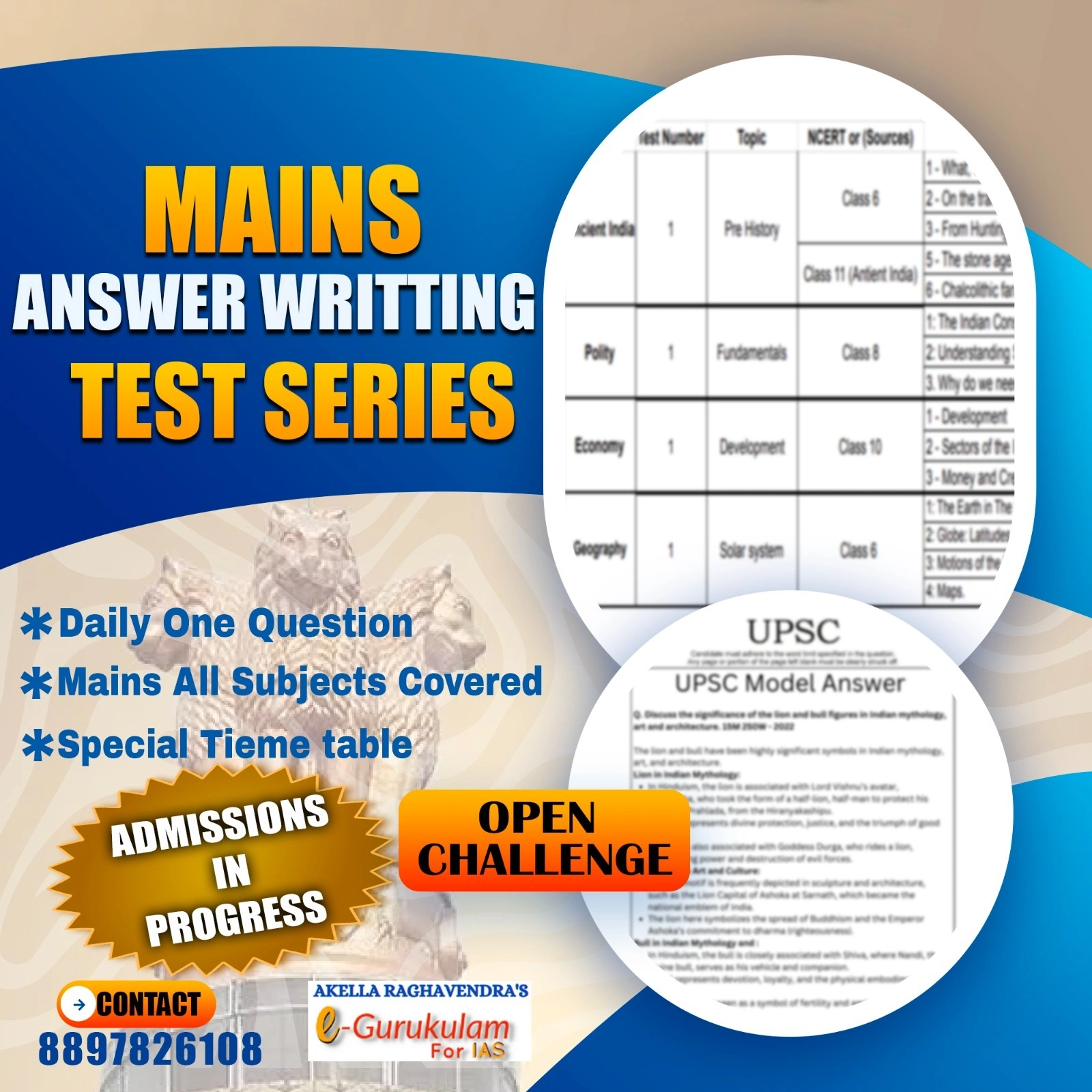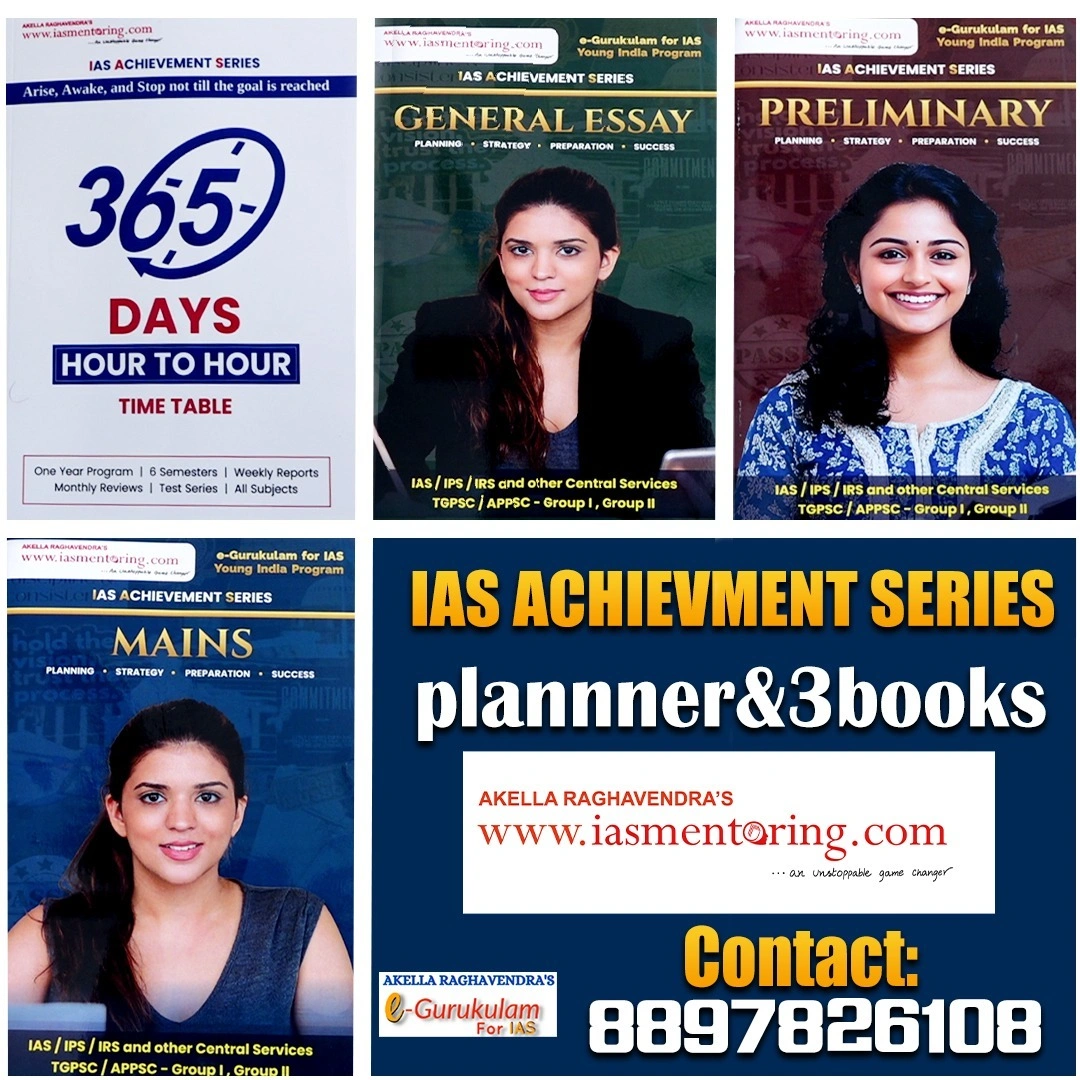Balancing Multiple Subjects is Crucial for efficient Preparation and Avoiding Burnout. Below are Practical Strategies to ensure every subjects gets adequate attention:
01. Understand the Syllabus and Prioritize Subjects
- Break down the UPSC syllabus into Prelims and Mains-specific topics.
- Prioritize subjects based on weightage and your comfort level.
- For example: Polity, Economy, and History are high-yield subjects in Prelims.
02. Create a Realistic Study Timetable
- Allocate dedicated slots for different subjects daily or weekly.
- Example Weekly Plan:
- Morning: Static Subject (e.g., Polity, History)
- Afternoon: Optional Subject
- Evening: Current Affairs and Newspaper Reading
- Night: Answer Writing Practice
Use the 50-10 Rule: Study for 50 Minutes and take a 10-minute Break
03. Integrate Static and Current Affairs
- Study static topics and relate them to current affairs.
- Example: While studying Polity (President’s powers), link it with recent constitutional developments.
04. Focus on One Subject at a Time (Deep Study Sessions)
- Instead of juggling multiple heavy subjects in a single day, dedicate focused days for certain subjects.
- Example:
- Monday-Wednesday: History
- Thursday-Friday: Economy
- Saturday: Current Affairs and Revision
- Sunday: Mock Tests
05. Daily Revision is Non-Negotiable
- Spend 1–2 hours daily revising previously studied topics.
- Use short notes, mind maps, and flashcards for quick revision.
06. Balance Optional and General Studies (GS)
- Dedicate 1-2 hours daily for your Optional Subject consistently.
- Avoid leaving optional preparation until after Prelims.
-
Example:
- Morning: GS Subject
- Afternoon: Optional Subject
- Evening: Answer Writing and Current Affairs
07. Incorporate Regular Answer Writing Practice
- Write one GS answer daily.
- For Optional, write one answer every alternate day.
- Analyze and improve based on feedback.
08. Analyze and improve based on feedback.
- Take weekly mock tests for Prelims and Mains.
- Analyze mistakes, strengths, and weaknesses.
- Focus more on subjects where your performance is weak.
09. Avoid Neglecting CSAT (Prelims Paper II)
- Dedicate 1–2 hours per week for CSAT preparation, especially if you are weak in maths or logical reasoning.
- Practice previous year CSAT papers regularly.
10. Make Use of Technology
- Use apps like Evernote, OneNote, or Notion for organizing notes
- Follow reliable YouTube channels and online platforms for topic clarity.
11. Stay Flexible and Adaptable
- Assess your progress every 2 weeks and tweak your timetable if necessary.
- If one subject feels heavy, switch to a lighter one for balance.
12. Maintain Physical and Mental Well-being.
- Take care of your health, sleep, and diet.
- Include light exercises, meditation, or yoga in your routine.
- Avoid burnout by taking short breaks and maintaining hobbies.
Sample Daily Schedule:
- 6:00–7:00 AM: Exercise/Meditation
- 7:00–9:00 AM: Subject 1 (e.g., Polity)
- 9:00–10:00 AM: Breakfast & Relax
- 10:00–12:00 PM: Optional Subject
- 12:00–1:00 PM: Revision (Previous Day's Notes)
- 1:00–2:00 PM: Lunch & Rest
- 2:00–4:00 PM: Subject 2 (e.g., Economy)
- 4:00–5:00 PM: Current Affairs + Newspaper
- 5:00–6:00 PM: Break/Leisure
- 6:00–8:00 PM: Answer Writing Practice
- 8:00–9:00 PM: Dinner
- 9:00–10:00 PM: Light Reading/Revision
Key Mantras:
- Consistency over Intensity
- Focus on Quality, Not Quantity
- Regular Self-Assessment











